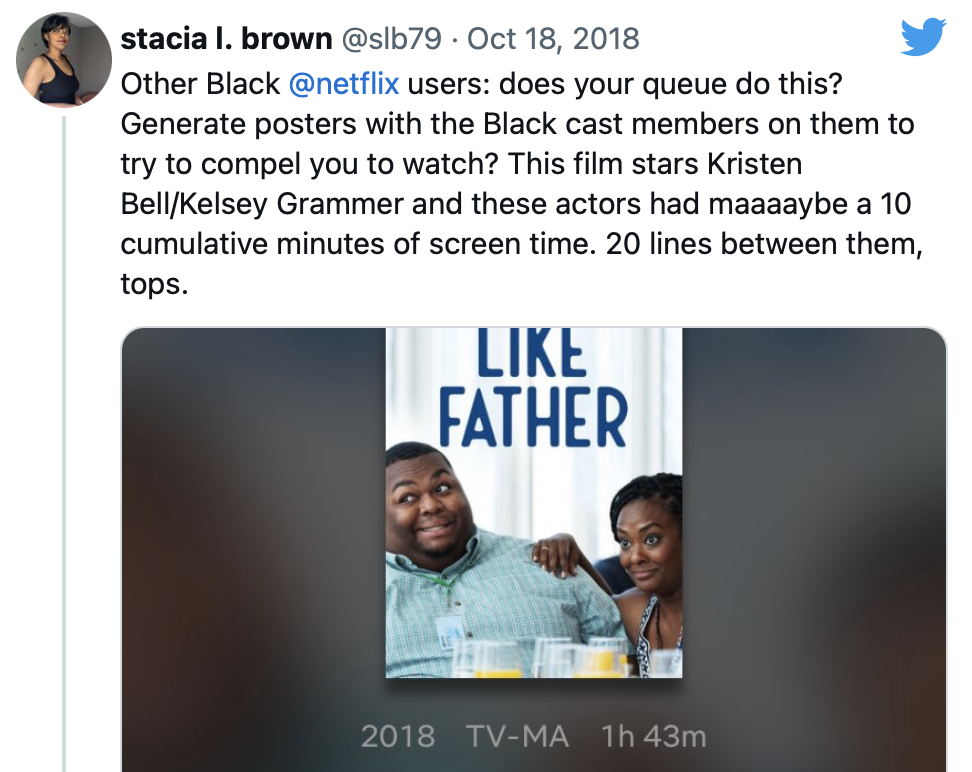On legitimate surprise
A game that sticks in my mind is “You Are Jeff Bezos“, a free text-based adventure where you wake up as Jeff Bezos and try to spend all your (Jeff Bezos’) money. One option is “Buy Twitter and delete his account”, for 50 billion dollars. This game is from 2018, so it’s referring to the traitor in chief, scourge of democracy. A wish fulfillment fantasy.
Back here in the real world, Trump got banned in 2020, and it seemed like Elon Musk was doing the reverse, buying Twitter specifically to unban his account. That’s what I thought would happen, and perhaps it still will. What I did not expect, is whatever mess is going on now–an exodus of users, employees, and advertisers.
The surprise is worth noting. It would be easy for an Elon-hater to claim that they knew this would happen all along, but did they really? It’s okay to admit that Elon Musk surpassed expectations.

